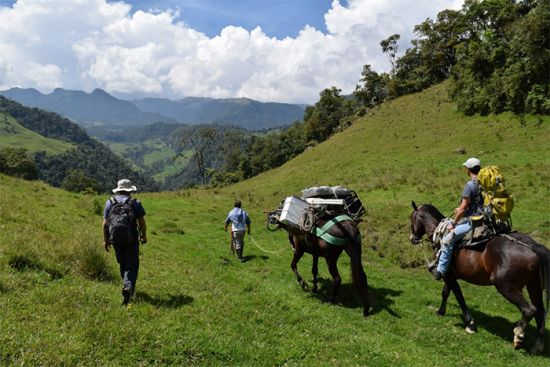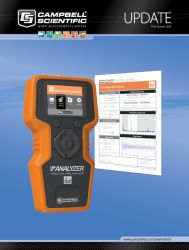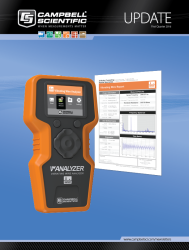Campbell dataloggers, cell modems, radios used in exploration phase of energy project

In 2013, RESPEC and the Dewhurst Group began collaborating on the Nevado del Ruiz geothermal development project in Colombia for Empresas Públicas de Medellín E.S.P., the second-largest electrical utility in the country. The project is currently in the geothermal exploration phase.
In April 2015, the team installed two weather stations and one streamflow station in the Nereidas Valley on the western flank of the Nevado del Ruiz volcanic massif. One weather station is located at approximately 3,627 m (11,900 ft) elevation, while the other is at 2,682 m (8,800 ft).
Both communicate using LS300G cellular modems with locally obtained SIM cards. The streamflow station communicates with the lower meteorological station using the RF450 spread-spectrum radio. The upper met station and the streamflow station both required a considerable hike to reach them, as they are inaccessible by vehicle. Local cowboys were hired to bring mules, which carried the heavy equipment.
The geothermal exploration phase requires weather data, streamflow data, and stream temperature data to establish baseline conditions for environmental impact assessment for exploration drilling and infrastructure development. The extreme changes in topography form microclimate regions in the Nereidas Valley, which require multiple data-collection stations. Responses of streamflow and temperature with atmospheric conditions can now be quantified and analyzed to characterize groundwater-surface water interactions.
This data is also entered in models to estimate power-output potential of the geothermal reservoir, design power plants, characterize risk, and target optimal reservoir locations for drilling-site selection. The collected environmental data is a necessary component of the larger geoscientific dataset that will be used by the modelling team for spectral-spatial analysis and construction of a quantitative three-dimensional conceptual model, which includes hydrogeological, thermal, fluid, geophysical, and geochemical components.
Estimates place fossil fuels as the source of 33% of the generated grid-based energy in Colombia. This project will provide the benefit of replacing fossil-fuel consumption with clean, geothermal-energy generation. Additional benefits include providing local rural areas with low-cost reliable electricity, better access and infrastructure, and urban areas with cleaner power.

